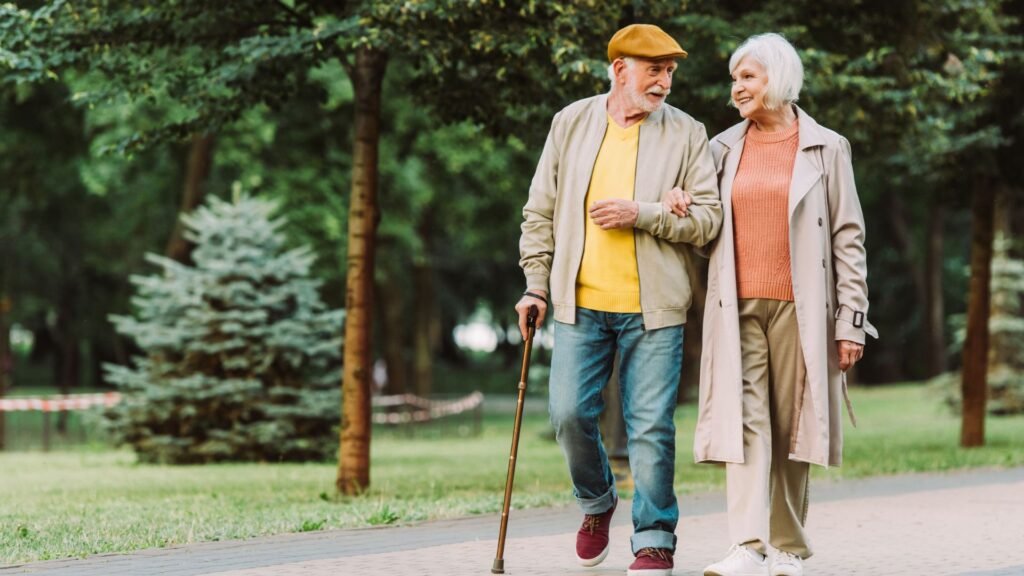Engaging in outdoor experiences can have several benefits for boosting the immune system. Outdoor experiences provide a natural environment that supports immune system health through various mechanisms. Whether through exposure to sunlight, physical activity, or stress reduction, spending time outdoors enhances overall well-being. Here are the key advantages:

Vitamin D Production
Sunlight exposure stimulates the production of vitamin D in the skin. Vitamin D plays a crucial role in immune function, promoting the production of antimicrobial peptides that help fight infections and maintain immune system balance.
Reduced Stress Levels
Spending time in natural environments reduces stress levels, which can have positive effects on immune function. Lower stress levels support a healthy immune response, improving the body’s ability to fight off illnesses.
Physical Activity
Engaging in outdoor activities such as walking, hiking, or gardening promotes physical fitness. Regular physical activity strengthens the cardiovascular system, improves circulation, and enhances overall immune function.
Exposure to Fresh Air
Breathing fresh air outdoors improves respiratory function and enhances oxygen uptake in the bloodstream. Proper oxygenation supports immune cell activity and boosts the body’s ability to combat pathogens.
Enhanced Mental Well-being
Outdoor experiences promote mental well-being, reducing the impact of psychological stressors on immune function. Positive emotions and a relaxed state of mind contribute to a stronger immune response.
Natural Antibacterial Benefits
Natural environments contain beneficial bacteria and phytoncides that support immune health. Exposure to these natural elements helps prime the immune system and improve its ability to respond to infections.
Improved Sleep Quality
Spending time outdoors can improve sleep quality, which is essential for immune system function. Restorative sleep supports the production of cytokines and antibodies that protect against infections.
Mindful Relaxation
Being in nature promotes mindfulness and relaxation, which can enhance immune function. Mindful practices such as meditation or simply enjoying natural surroundings reduce inflammation and support overall immune health.
Social Interaction
Outdoor activities often involve social interaction with friends, family, or community members. Positive social connections and a sense of belonging contribute to emotional well-being, which in turn supports immune function.
Long-Term Health Benefits
Regular participation in outdoor activities contributes to long-term immune system benefits. Embracing an outdoor lifestyle promotes overall health and resilience, reducing the risk of chronic illnesses and enhancing quality of life.
Conclusion
Outdoor experiences offer numerous benefits for boosting the immune system naturally. By embracing opportunities to spend time outdoors, individuals can enhance vitamin D production, reduce stress, improve physical fitness, and support overall well-being. Incorporate outdoor activities into your routine to strengthen your immune system, promote health, and enjoy the revitalizing effects of nature on mind and body.











